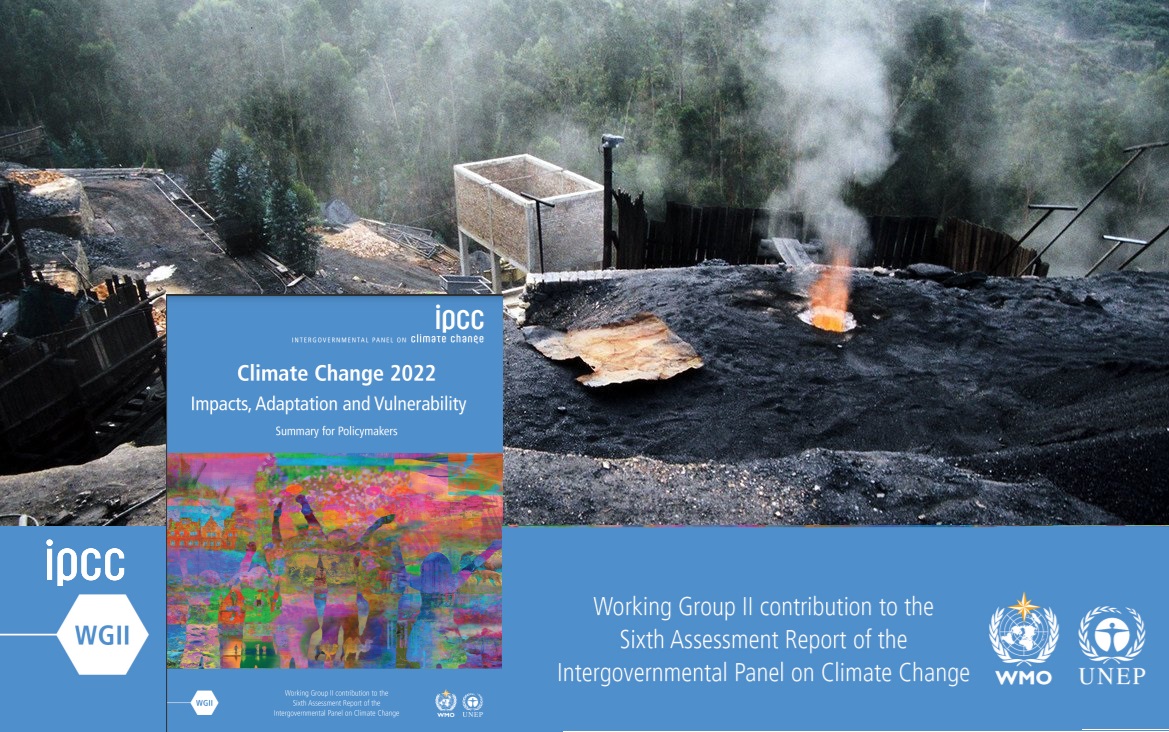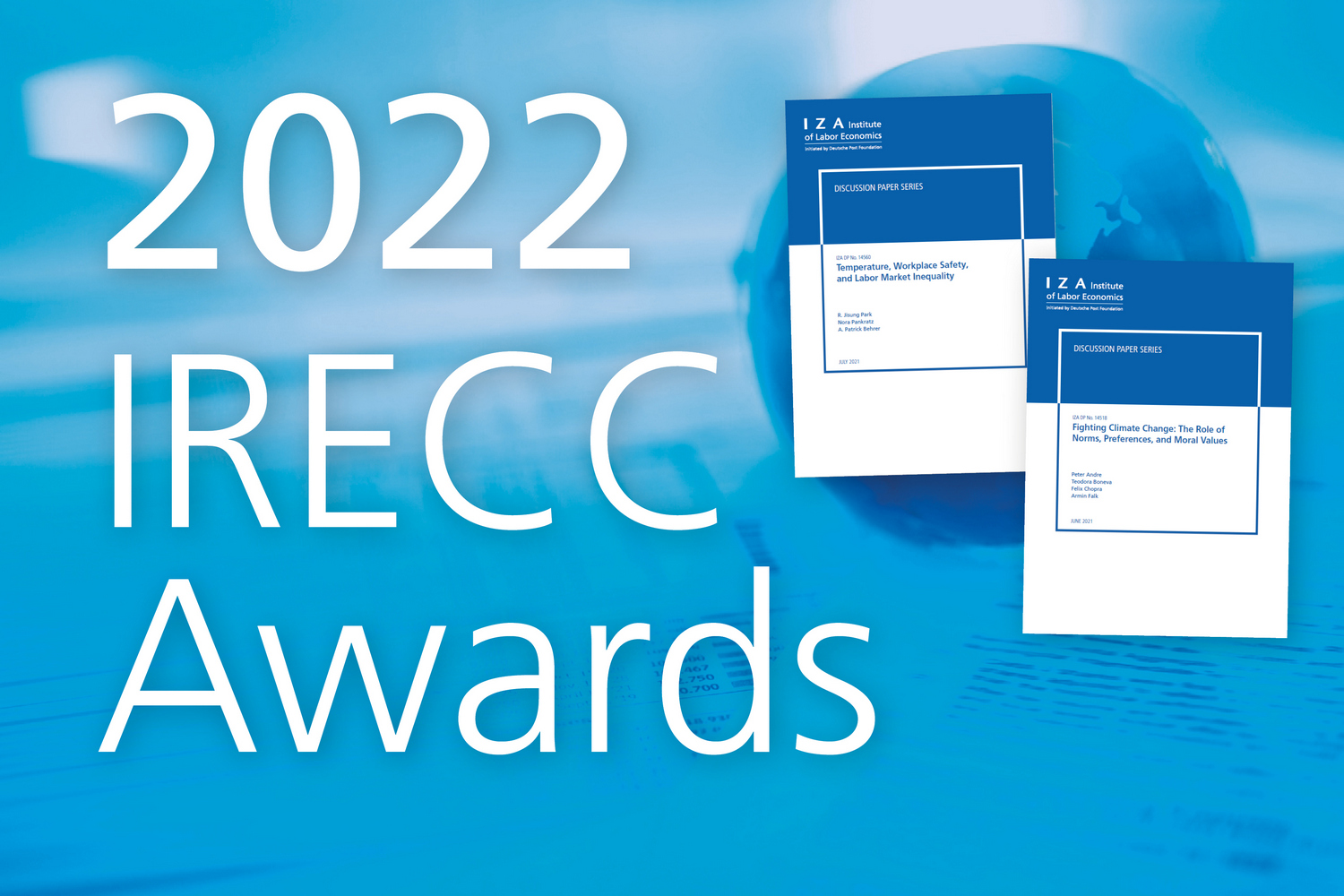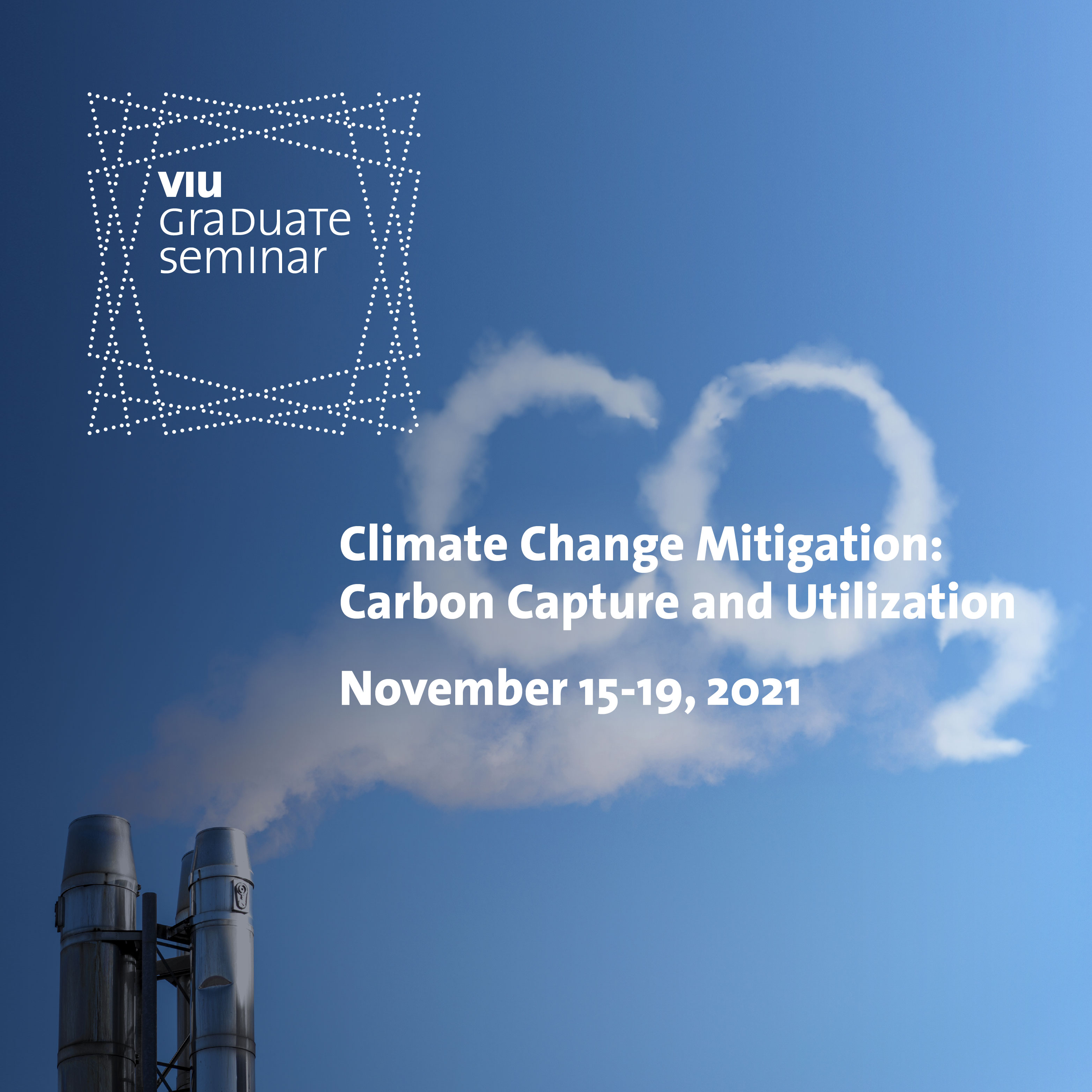
As the world's population grows, so does our need for food. However, food security is a challenge all over the globe. These include fast food transitions, high prices, overconsumption, inefficient supply chains, and increased prices. Climate change is also likely to have an impact on food production and distribution as well as consumer consumption. However, there are many opportunities to mitigate and adapt to the effects of climate change on food.

Climate-smart practices in agriculture can help to reduce emissions from livestock production. These strategies can be used in conjunction with other actions to reduce greenhouse gases from agricultural practices. It is necessary to reform the global food system so that net food system emissions are minimized and responsible consumption and nutrition are promoted. It is important to establish effective data collection systems and build a robust emergency foods reserve.
It will also be crucial to develop technology that improves the efficiency of agricultural practices, and to create efficient post-harvest management and waste management systems. Additionally, scientists will need to develop better understanding of how dietary interventions can reduce food losses and promote the health and well-being of populations. The scientific community can play a key role in these activities. They can assist in determining how to best manage dietary interventions, and the cost effectiveness of such efforts.
The scientific community has an important role in developing global knowledge systems that support sustainability. This system would combine information on human population dynamics, ecosystem services and agricultural practices into one comprehensive system. This information is vital for developing a food system which can withstand extreme climate changes.
Furthermore, scientists have the ability to communicate and quantify the vulnerability of the agricultural sector to climate changes. They can encourage investment in agriculture by sharing information on the economic benefits associated with climate-smart agricultural techniques. This could also help reduce the negative effects of climate change and food security. Scientists can also identify geographic areas that have the potential to mitigate greenhouse gases.

Although scientists have much of what they can contribute, a coordinated global response to climate change is complex and multi-dimensional. Public and private businesses as well as civil society organizations are required to work together in order to achieve success. The government should ensure that policies are grounded in evidence and that research is conducted to identify the best policy solutions. For this to happen, governments must create common platforms, such a national and international climate and food security committees. Public and private business alike should invest in sustainable, low-waste supply chain solutions.
Finally, the scientific community can support the development of a coherent, multi-disciplinary understanding of food insecurity. This knowledge is essential for developing innovative investments as well as evidence-based policy solutions. These areas of research should include: the most efficient dietary intervention; how to increase the nutritional quality and nutrition of diets; the most efficient methods to manage food loses; and the best cost-effective ways of reducing food waste.
FAQ
What are the ways climate change can be mitigated or reduced?
There are many measures you can take to mitigate and reduce the impacts of climate change. There are many ways to reduce greenhouse gas emissions. These include using more sustainable energy and alternative sources of power. Protecting forests and wilderness habitats. Investing in sustainable transport systems. Strengthening early warning systems for natural disasters. Creating a research program about the impacts of climate change on biodiversity. Investing in green technologies like solar panels and wind turbines. Developing sustainable consumption habits and implementing appropriate environmental regulations in all areas of society. It's important that people are educated about climate change. This encourages them to take responsibility for their actions.
What are the roles of greenhouse gases in climate changes?
Greenhouse gases are a key factor in climate change. They act like an invisible blanket around the Earth, trapping infrared radiation and warming the atmosphere. Without them, the Earth would be much colder today than it is today.
The human activity of burning fossil fuels, or other industries that generate emissions, can create greenhouse gases. These activities are increasing in number, which means that more heat is trapped in our atmosphere. This can lead to extreme weather events and rising temperatures.
Carbon dioxide (CO2), the most potent greenhouse gas, is released by fossil fuels like gas, oil, and coal. Climate change is also caused by major greenhouse gases like methane (CH4) and nitrous oxides (N2O).
Human activities have caused a significant increase in greenhouse gas concentrations since preindustrial times. This has led worldwide warming and increased temperatures in the oceans as well as all over the planet. It is also leading to changes such as intense storms and droughts; melting glaciers; and rising seas.
To avoid more damage from climate changes, humans must reduce their emissions by switching away from fossil energy to increase their use of renewable energy like solar and wind power. We can also take measures such as reforestation or adopting agricultural methods that allow the soil to absorb more CO2 from the air. These activities will help lower atmospheric concentrations of greenhouse gases and create a healthier environment for all life on Earth.
How can developing countries and communities cope with the effects of climate changes?
Due to limited access, technology, and healthcare systems, developing countries, communities, are particularly vulnerable to the consequences of climate change. Temperature, precipitation and sea level changes increase pressure on already finite resources. Already fragile ecosystems are being destroyed by floods or droughts. Rising temperatures can cause decreased crop yields. This will have a significant impact on poorer communities suffering from food insecurity. Extreme weather events, such as hurricanes and heatwaves, can cause the destruction of infrastructures and displacement of people, which further perpetuates economic inequality.
The long-term impacts of climate change include resource scarcity, poverty, increased health risks, and an increase of vector-borne diseases, such as malaria and dengue fever. A rising sea level and extreme weather events will increase the risk of flooding, putting lives at stake in coastal areas that often lack the infrastructure or emergency services required to evacuate. While mitigating greenhouse gases is essential to build resilience to these risks, there are other options available. These include better management of freshwater resources and easier access for health facilities. This helps with the prevention of diseases such as malaria.
Statistics
- features Earth's average surface temperature in 2022 tied with 2015 as the fifth warmest on record, according to an analysis by NASA. (climate.nasa.gov)
- This source accounts for about 10% of all the water that enters this highly productive farmland, including rivers and rain. (climate.nasa.gov)
- The 100 least-emitting countries generate 3 per cent of total emissions. (un.org)
- Fossil fuel production must decline by roughly 6 percent per year between 2020 and 2030. (un.org)
- Indigenous peoples and local communities receive less than 1% of all climate funding despite scoring wins for people and nature Africa's broken food markets must be fixed to tackle hunger (climatechangenews.com)
External Links
How To
How to Make Your Home More Energy-Efficient and Combat Climate Change
It is possible to make your home more energy efficient, reduce your carbon footprint and save money on your utility bills.
Make sure your home is well insulated and sealed. Make sure windows and doors are correctly fitted, look for drafts around pipes and vents, add weather stripping where necessary, and fill any gaps around window frames or door frames with caulking.
Insulate walls, ceilings and floors for maximum energy efficiency. Make sure to inspect the attic and any other areas in your home for air leaks.
Lighting accounts for up to 18% of total household electricity usage so make sure you switch to LED light bulbs which use up to 80% less electricity than traditional incandescent ones! Installing motion sensors and timers will also help you save additional money by turning off lights as needed.
It is possible to reduce your energy costs by replacing an old boiler or furnace. Newer models are more efficient. A programmable thermostat can be used to set temperature settings based on the time people are at home and away.
Replace all windows with double-glazed replacements that provide greater insulation and prevent heat loss. Low-flow showerheads, which are low in water consumption, can be bought. They maintain an adequate pressure level and reduce water usage.
Replace appliances with ENERGY STAR rated products since they use up to 50 % less power than non-certified models. Do not forget to unplug electronic devices, such TV boxes or phone chargers, when not in usage. This can help you save considerable energy.
Overall, these few steps can significantly lower your impact on climate change, decrease monthly electricity costs, making living at home much more efficient!